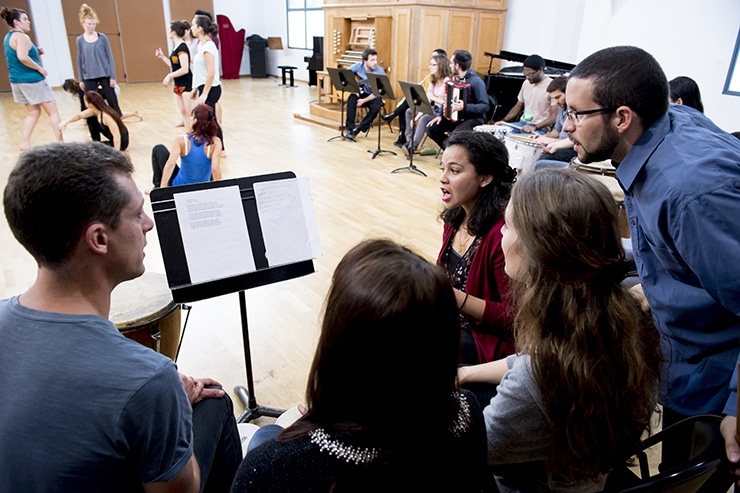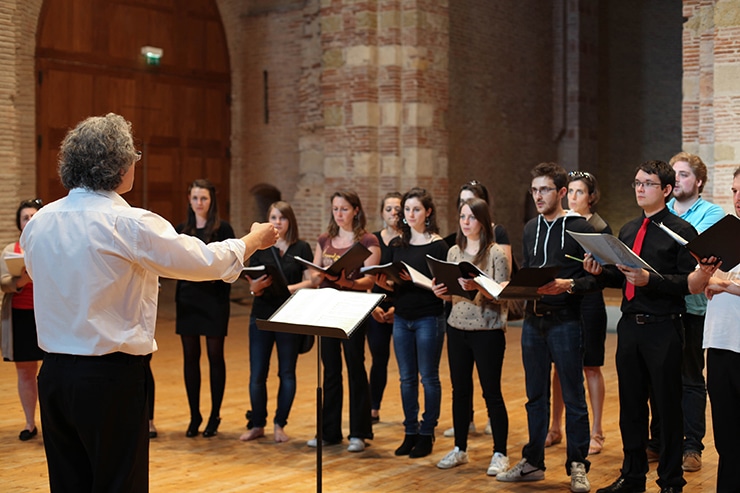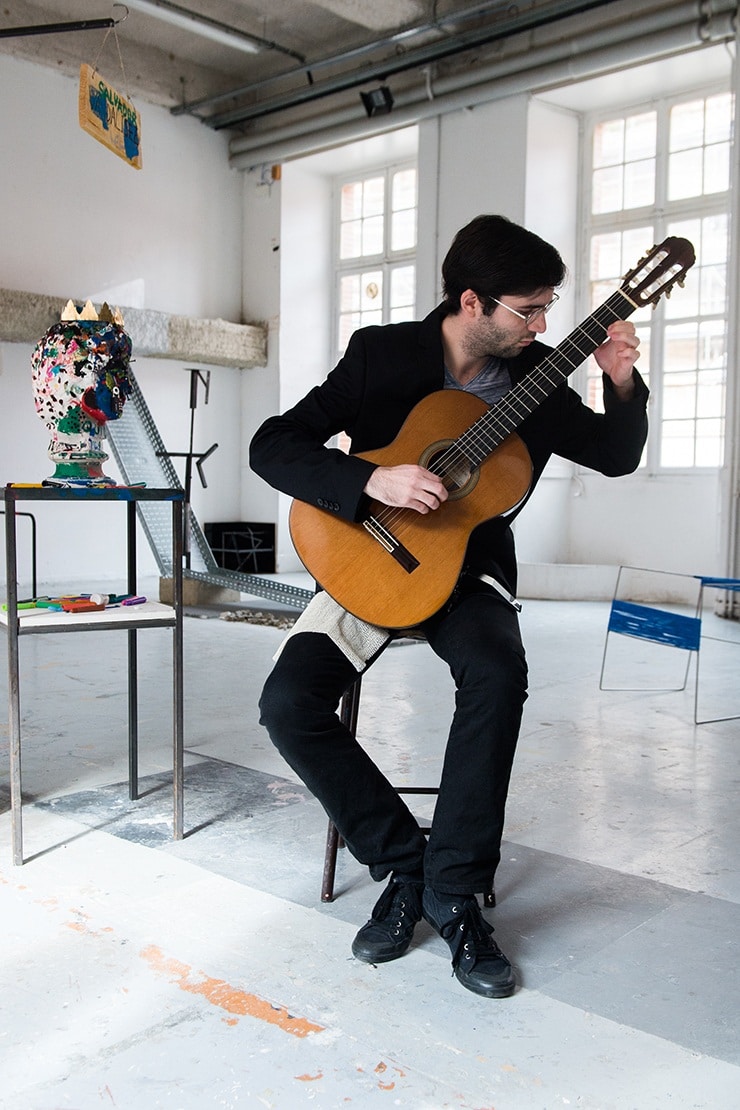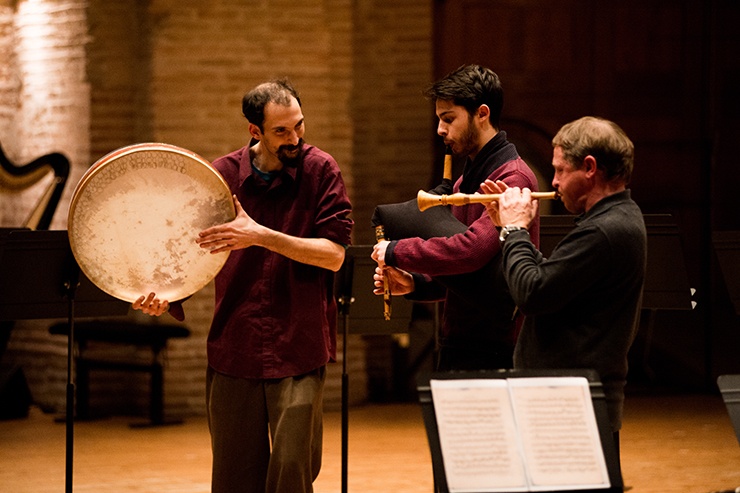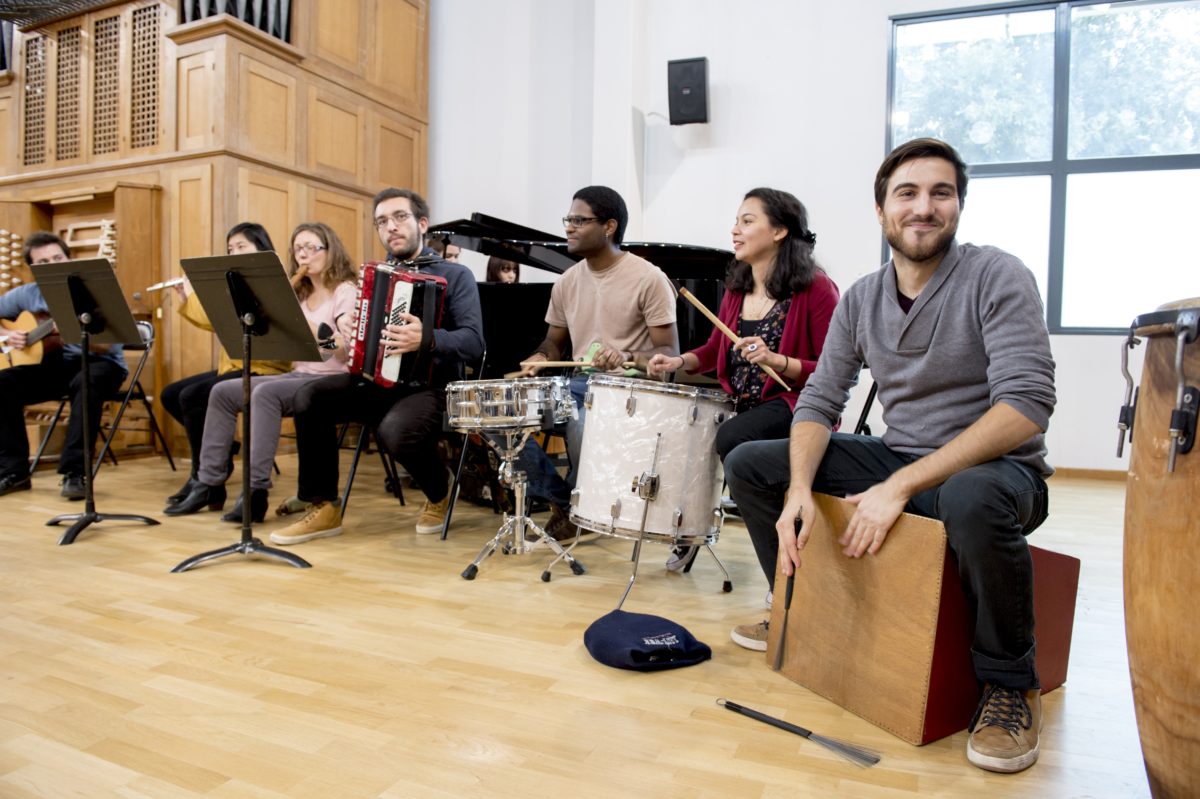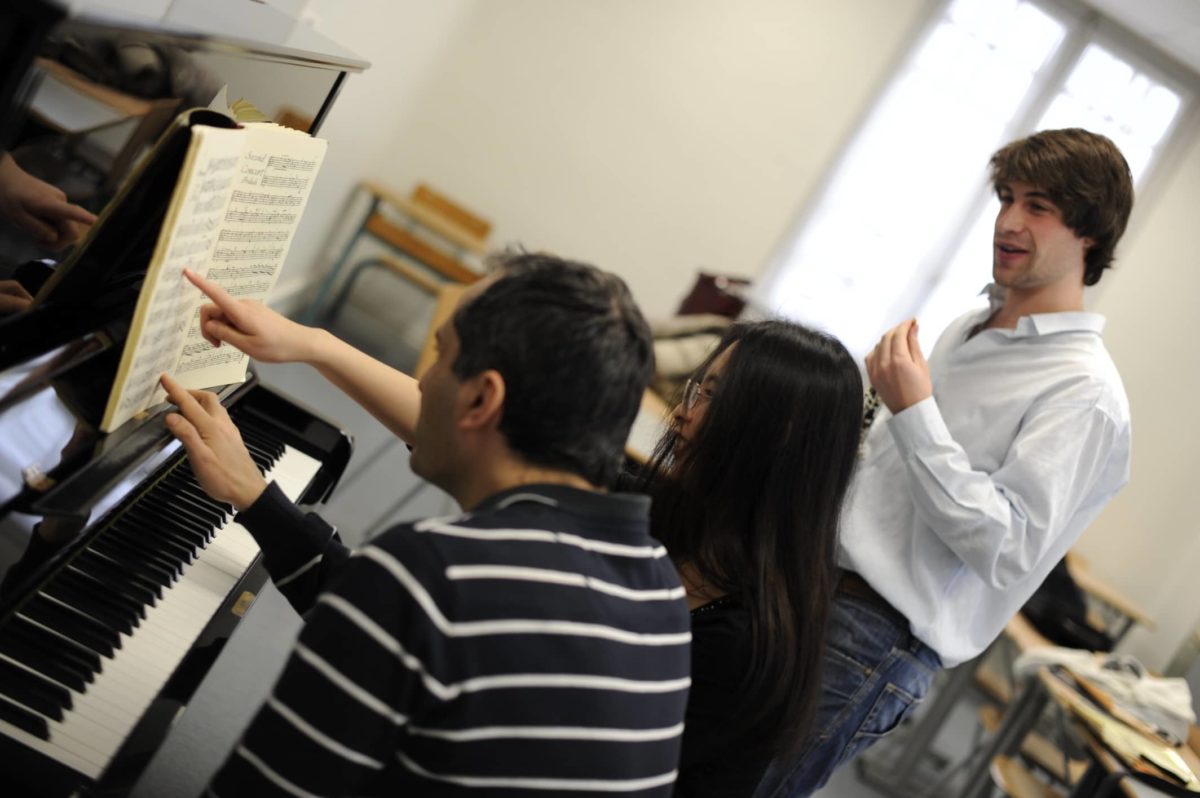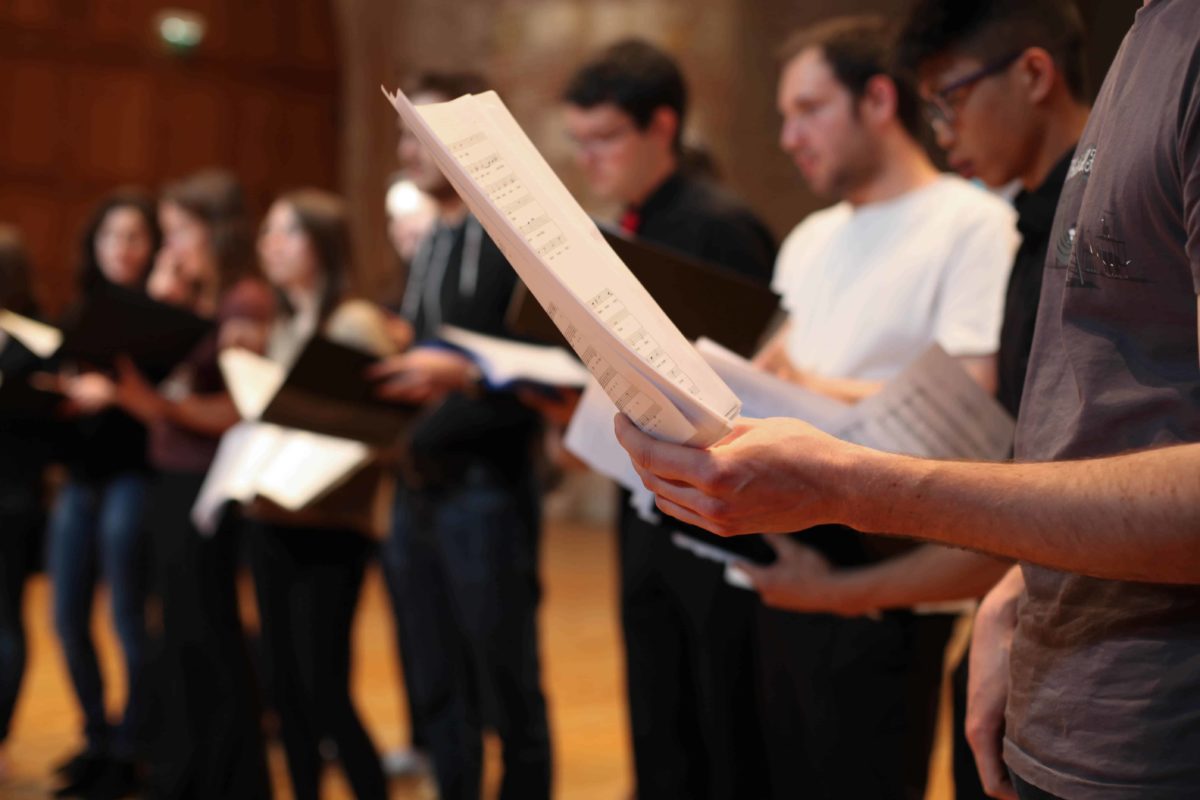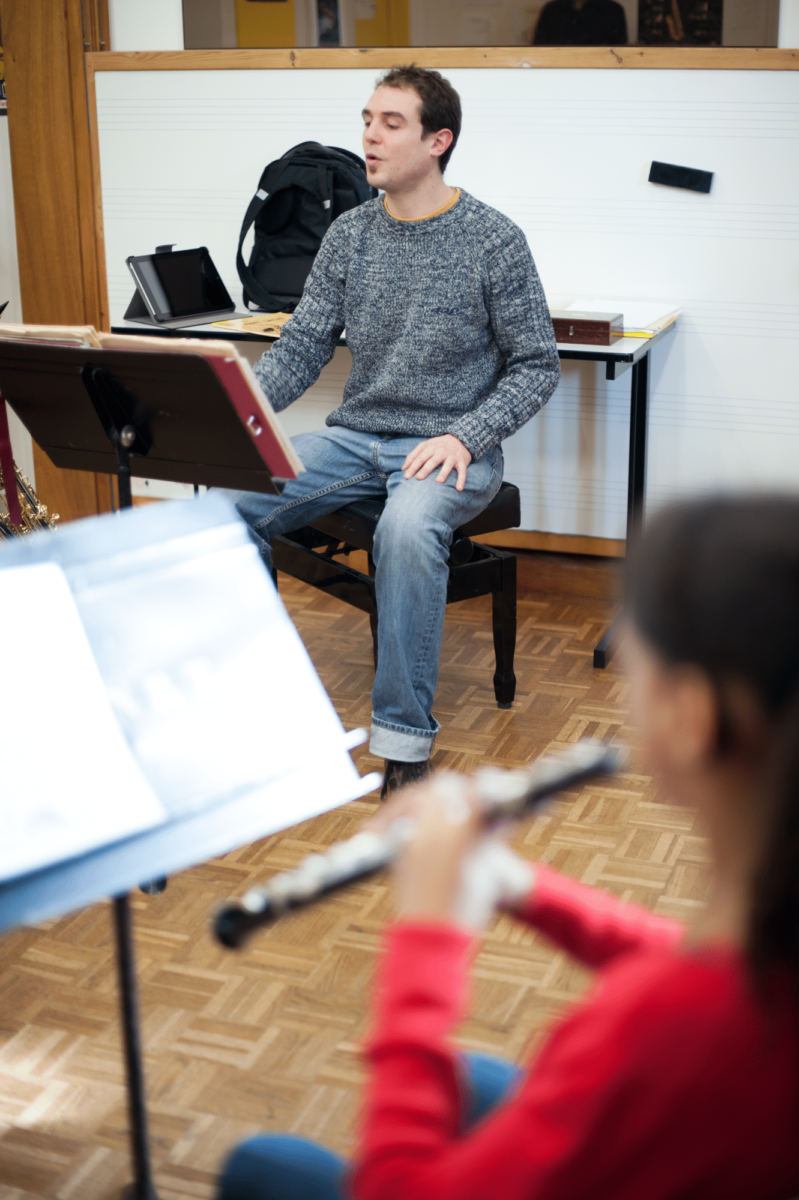Diplôme d’État de professeur de musique
Since the beginning of the 2021 school year, isdaT is offering candidates the opportunity to register for DE music, dance accompaniment or a double DE/DUMI course.
These courses make it possible to train teachers capable of providing quality music education and who are open to current issues and the practice of their profession in conservatories (types CRR, CRD, CRI, etc.) and other specialised musical institutions.
The DE, henceforth registered in the national repertory of professional certifications at level 6 (bac +3), also grants access to the competitive examination of the Territorial Civil Service. It can be combined with a degree in music, “teaching” course (bac + 3) in partnership with the Université Toulouse — Jean Jaurès (UT2J).
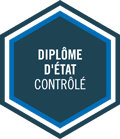
Access routes
- Initial training
- Accreditation of prior experiential learning (APEL).
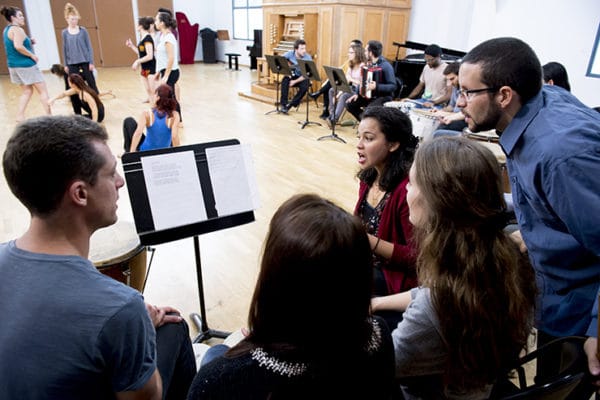
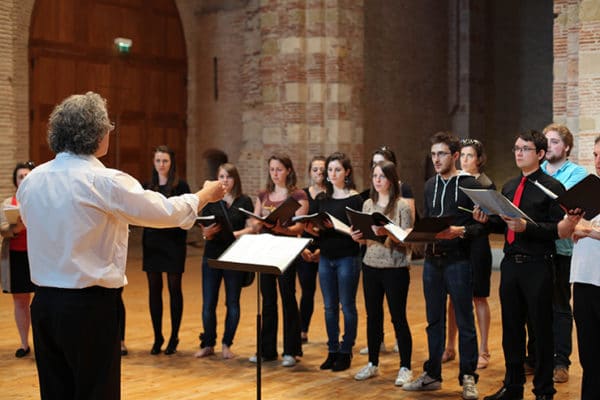
Suggested courses
The isdaT offers the following:
- DE + DNSPM (over 4 years) in the following disciplines: instrumental and vocal instruction – classical to contemporary (violin, viola, cello, double bass, saxophone, piano-accompaniment, voice, organ, percussion) and all options in current amplified music;
- DE + DUMI (over 3 years) in musical training, direction of vocal groups, traditional music;
The isdaT and the IFMI, in collaboration with the Université Toulouse — Jean Jaurès, offer the dual DE/DUMI in the following disciplines in initial training: musical training, direction of vocal groups, traditional music. This training takes place over 3 years and offers students a rich and demanding practical and theoretical education as well as an openness to different educational resources: group pedagogy, internships in schools, orchestra at school…. The entrance exam for the DE highlights the student’s qualities on an instrumental level; for the DUMI those qualities to be taught and transmitted. This very complementary double degree allows the acquisition of skills highly sought after by artistic education establishments and other institutions.
- DE only in dance accompaniment (over 3 years), in partnership with the dance department of the isdaT.
The DE in dance accompaniment is open to instrumentalists holding a DEM in any discipline. It is done in direct contact with the dance department of the isdaT and the dance classes at the CRR de Toulouse. This collaboration allows for educational scenarios and regular group lessons with the dancers and referent teachers of this DE. Specific courses such as movement reading and functional analysis of dance movement allow you to develop your perspective and knowledge of dance movement.
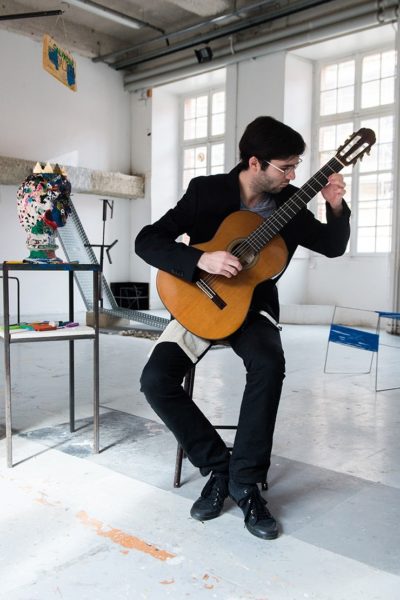
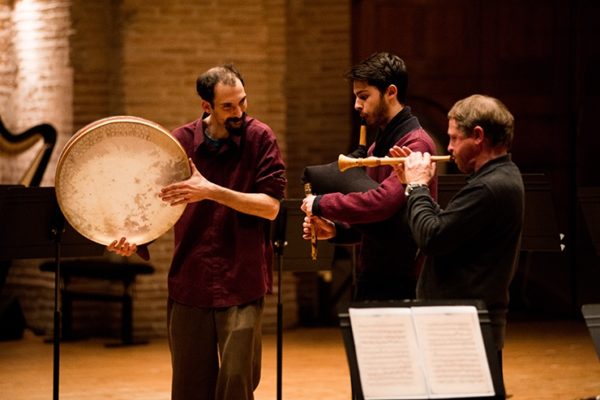
Pedagogy of the music department
The music department at the isdaT trains artists, performers and musician teachers, by developing their singularities thanks to what the establishment offers them: a dynamic learning space, promoting transversality, with dedicated, competent supervisory teams and advice.
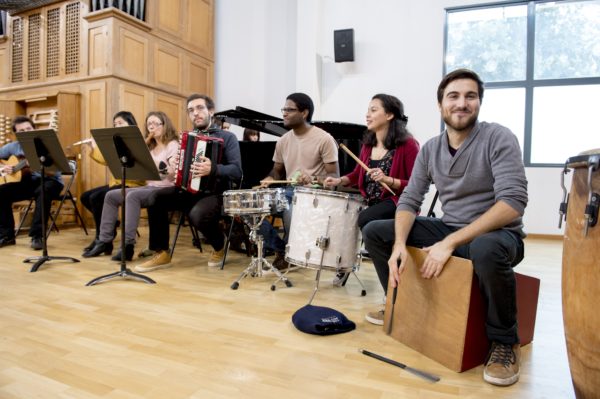
DE lesson content
The course is now made up of 1350 hours of training which are generally spread over 3 years and organised into teaching units (UE). Obtaining a diploma is subject to the acquisition of 180 credits (ECTS), which can be acknowledged and transferred anywhere in Europe.
A solid theoretical and practical pedagogical training constitutes the heart of the course. Additional modules on musical practices and transversal skills complete the roster.
Modules
Teaching departments.1 / Musical practice
- instrumental or vocal improvement
- collective practices (choir, orchestra)
- music reading / chamber music
- improvisation
Teaching departments.2 / Musical culture
- analysis
- writing / arrangement
- music history
- musical training (if necessary)
Teaching departments.3 / Pedagogy
- practical teaching internships (tutoring)
- fundamental / didactic pedagogy
- thesis
- initiation to management
- group pedagogy / disability awareness
Teaching departments.4 / Cross-disciplinary skills and professionalisation
- educational artistic project
- professional environment
- professional scenarios (concerts, auditions, etc.)
- workshops / courses
if registered for a degree:
- modern language (or other optional course)
- computer science (C2i exam).
Complementary courses
Workshops/internships
Guest trainers complete the training through internships and workshops on specific aspects, including:
- prevention of injuries to musicians
- educational psychology
- mental preparation for performers
- stage presence and public speaking
- world music, ancient, contemporary
- analysis of movement
- sound painting
- initiation to research in pedagogy.
This training is enriched by an initiation into research through participation in the International Days of Research and Practice in Instrumental and Vocal Pedagogy, where both French and international researchers, students and practitioners meet. These meetings, organised annually in partnership with other higher education institutions, aim to develop collaborative research projects between French-speaking practitioners and researchers both in Europe and in North America.
Participation in one-off research-action or research-development projects aimed at educational innovations are offered to DE students in order to improve their practices.
In addition, through the development of a professional dissertation, students are encouraged to take their first steps in research and to reflect objectively on concepts seen during training.
Educational practice workshops
In addition to the educational tutoring internships (2 x 40 hours of internships) which generally take place at the CRR de Toulouse but also in various specialised institutions in the region (CRR, CRD, CRI), group educational practice workshops take place 5 or 6 times a year with student subjects from the Toulouse Conservatory.
These workshops allow you to observe and react to different scenarios. They consist of a laboratory enabling the application of theoretical knowledge acquired during fundamental pedagogy courses to the field.
International
An agreement with Laval University (Quebec – Canada) allows DE students to go on an exchange for 1 to 2 semesters. Agreements with summer musical academies in Quebec also allow intensive 2-week educational internships.
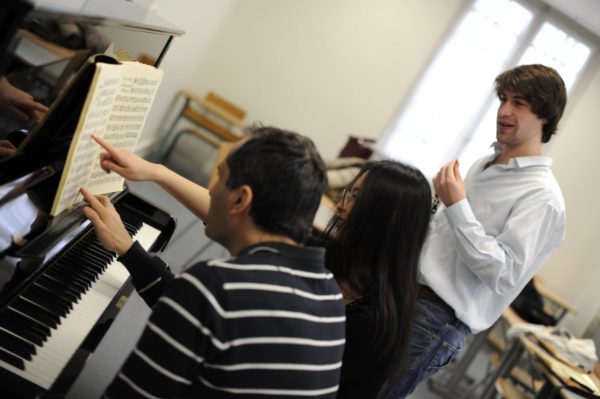
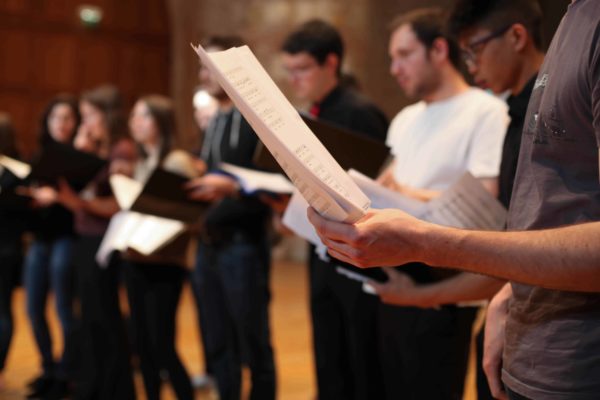
Gap year
The isdaT allows its students to benefit from a so-called “gap” period. This period allows the student to temporarily and voluntarily suspend their studies in order to acquire personal or professional experience, either independently or supervised in a host organisation in France or abroad.
The gap can take 4 forms:
- training in a different field from the original field at the time of registration,
- experience in a professional environment,
- civic service commitment,
- project to create an activity as a student entrepreneur.
The gap period lasts for one year and always coincides with the start of the school year. It concerns students regularly registered at isdaT, during their studies. It is available at the end of the 1st year or between the 2nd and the 3rd year, subject to obtaining 60 annual credits.
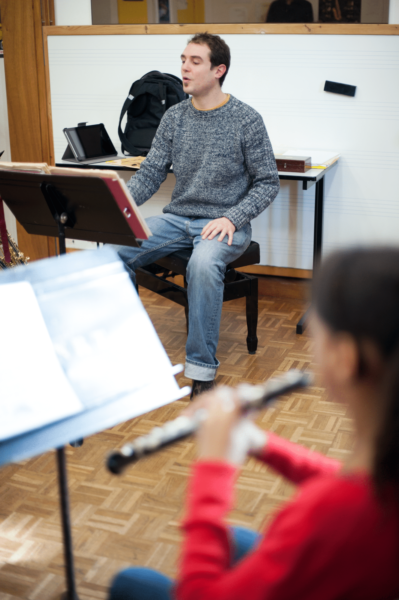
Staff
Administrative staff
Studies coordinator
Karina Cobo Dorado
karina.cobo@isdat.fr
Administrative assistant
Audrey Dejammes
+33 (0)5 34 30 43 64
musique@isdat.fr
Reception of the La Vache site
Maud Pivot
+33 (0)5 34 24 57 17
maud.pivot@isdat.fr
Educational staff







